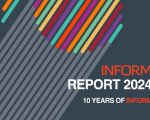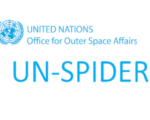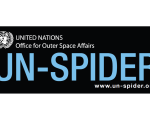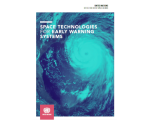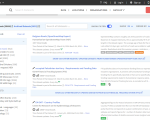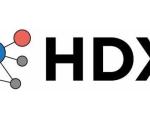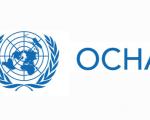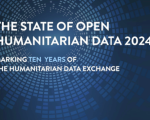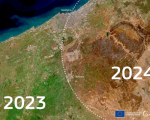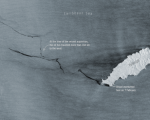INFORM report 2024 launched
spencer.zinke
Mon, 25 Mar 2024 - 13:14
UN-SPIDER Regional Support Offices Meeting 2024
spencer.zinke
Mon, 18 Mar 2024 - 14:39
UN-SPIDER hosts International Conference on Space-based Solutions for Disaster Management: Early Warnings for All
spencer.zinke
Tue, 12 Mar 2024 - 12:23
New UNOOSA/UN-SPIDER Publication: Space Technologies for Early Warning Systems
martin.hilljegerdes
Tue, 12 Mar 2024 - 10:39
OCHA Publication: The State of Open Humanitarian Data 2024
spencer.zinke
Fri, 1 Mar 2024 - 12:37
Copernicus Coastal Hub
spencer.zinke
Wed, 28 Feb 2024 - 14:27
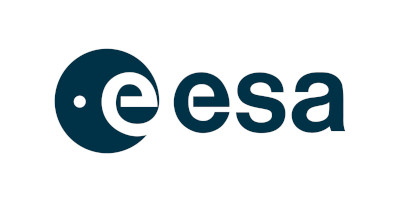

Prolonged Droughts Cause Critical Impacts in the Mediterranean and Northern Africa
josi.bregulla
Mon, 26 Feb 2024 - 15:34
Tracking Oil Spill in Trinidad and Tobago Using Sentinel-1 Imagery
spencer.zinke
Mon, 26 Feb 2024 - 15:19
Indian Space Research Organisation Launches Meteorological Satellite INSAT-3DS
josi.bregulla
Fri, 23 Feb 2024 - 16:21
